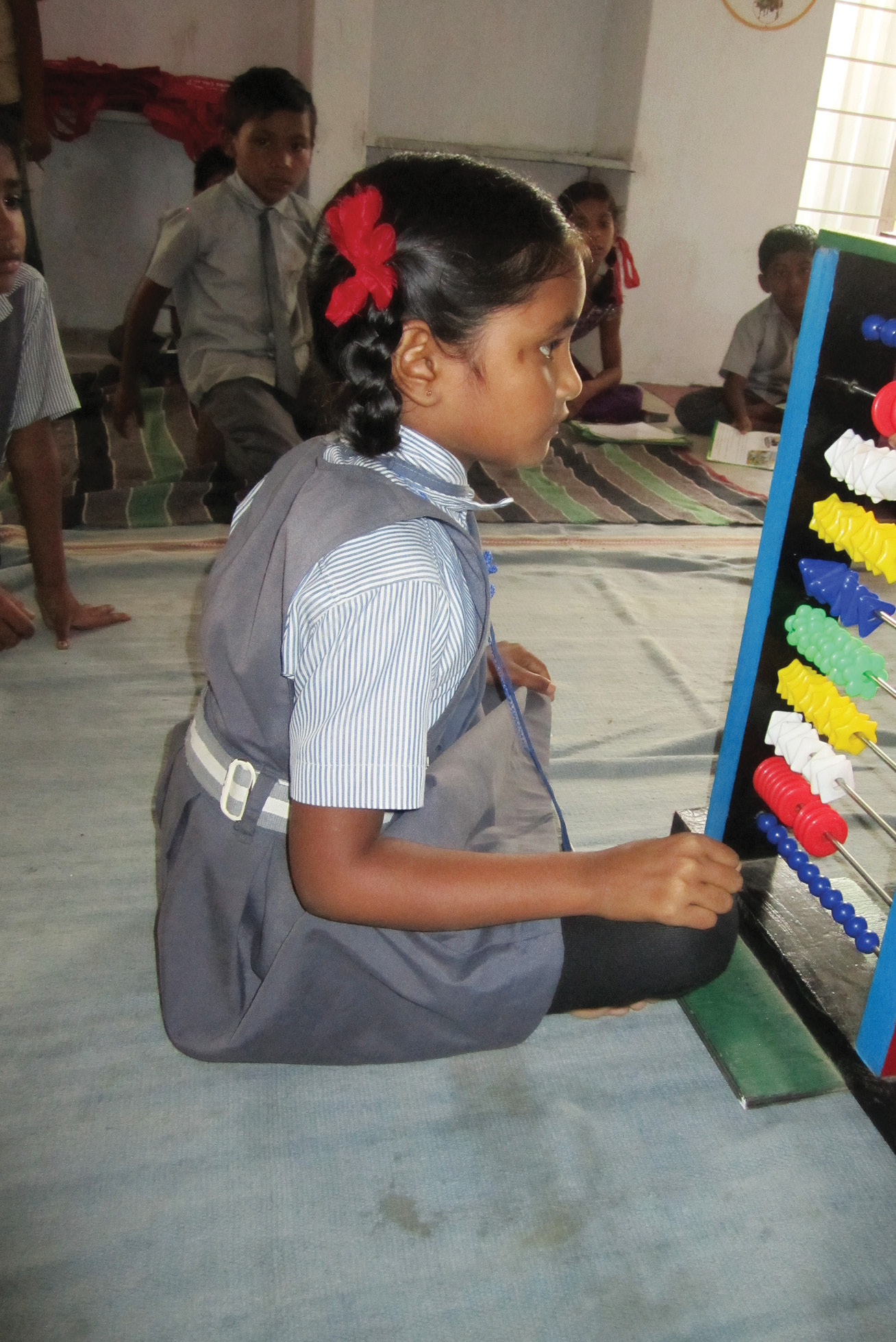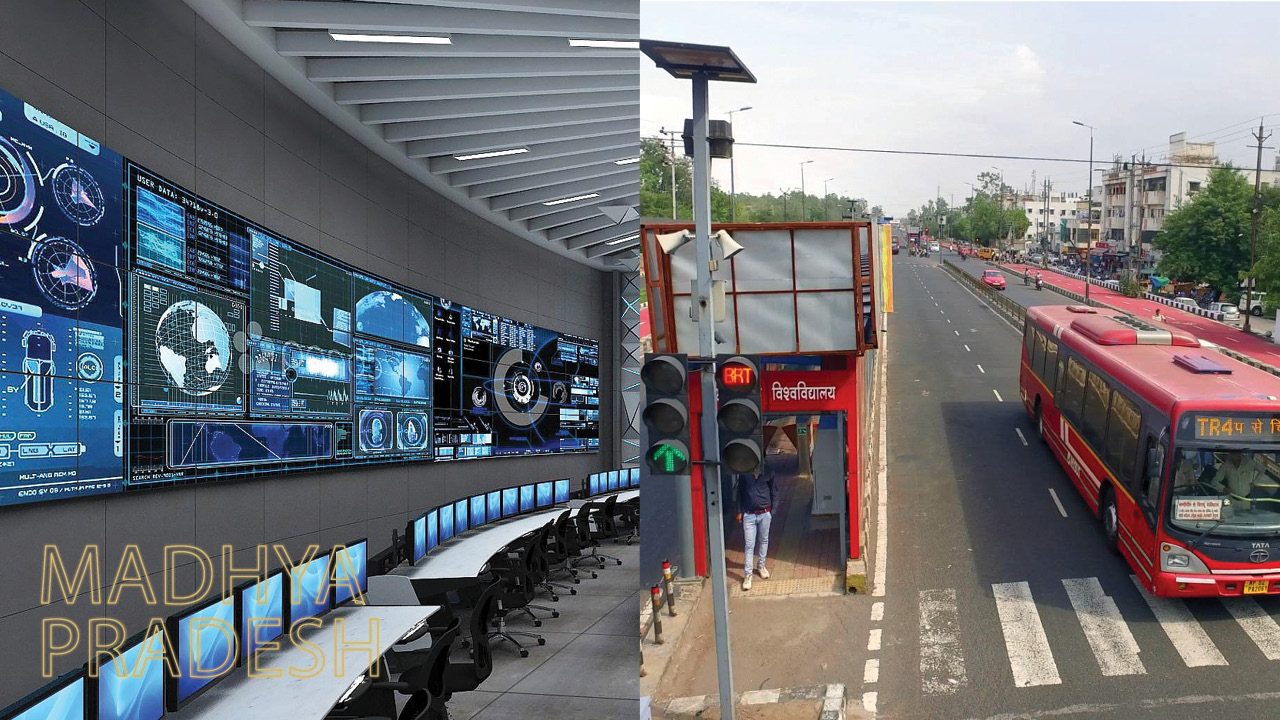Maharashtra has emerged as the best-performing state in the SKOCH State of Governance Report 2024, securing the #1 national rank. This top ranking reflects its strong cross-sectoral performance and deep institutionalisation of governance practices.
A total of 50 well-performing projects were shortlisted from the state for detailed evaluation, including 8 rated as highly impactful and 15 as impactful, showcasing the scale and depth of Maharashtra’s administrative efficiency. The state’s governance achievements are not accidental but are built on systematic efforts across key sectors including Agriculture, District Governance, Municipal Governance, Cooperation, Housing, General Administration, and Skill Development—where Maharashtra holds national leadership positions.
In terms of the SKOCH State of Governance Index, Maharashtra’s consistency over the years is evident. From being a frequent top performer in the past decade to now ranking #1 in 2024, the state has institutionalised its ability to deliver impactful projects across multiple departments. This is especially true in Municipal Governance, where Maharashtra continues to lead (#1 nationally), reinforcing its strength in urban administration.
Furthermore, sectors like Power & Energy, Health, and Ease-of-Doing Business have seen substantial improvement, with Maharashtra ranking #2, #2, and #6 respectively. First-time participation in Revenue and Cooperation sectors also yielded top-10 rankings, illustrating Maharashtra’s capacity to scale performance even in newly targeted areas.
Several flagship projects underlie this performance. In healthcare, initiatives like Mahalabs, the Health Management Information System in Pune, and the Central Diagnostic Centre in Sangli have modernised diagnostics and digitised service delivery across rural and urban populations.
The Vatsalya Programme, addressing maternal and child health, piloted successfully in Nashik and expanded statewide, has already reached over 1.2 million beneficiaries, improving antenatal care and neonatal outcomes.
In social protection, programmes like Balvivahmukht Dhule and the End Child Marriage Initiative in Beed have addressed deep-rooted societal issues by combining community engagement with legal enforcement, resulting in significant reductions in child marriages and improved school re-enrollments. Similarly, Umang Autism Centre in Latur has delivered inclusive and affordable therapeutic care to over 2,100 children with disabilities.
Maharashtra’s strength in administrative and financial governance is also evident. The Liability Payment Register System and Zilla Parishad Fund Monitoring System have enhanced transparency and efficiency in public finance, benefiting thousands of stakeholders. In urban governance, the Rent Management System and Slum Management System launched by the Slum Rehabilitation Authority in Brihanmumbai have streamlined rent disbursements and improved grievance redressal for slum dwellers.
On the economic front, the Soil to Fabric initiative in Jalna has transformed sericulture, integrating the entire value chain and generating rural employment. The Maha-Agro Mart platform has empowered farmers with direct access to markets and essential inputs. The Per Drop More Crop initiative has led to significant water savings and increased agricultural productivity across drought-prone regions.

In education and skilling, the Digital Education System in Pune municipal schools and the Directorate of Vocational Education and Training’s strategic skilling initiative have modernised learning and improved employment outcomes, with over 100,000 youth trained.
Mission SAKSHAM in Chandrapur has set a national benchmark for inclusive education for children with special needs, using customised tools and real-time data analytics.
Community-driven programmes like Mission Bhagirath Prayas and the Rainwater Harvesting Initiative in Chandrapur have strengthened water conservation infrastructure and mobilised citizen participation. The Shasan Aplya Dari scheme, covering over 4.5 crore citizens, exemplifies Maharashtra’s commitment to doorstep governance, with direct service delivery and disbursals exceeding ₹25,000 crore.
Maharashtra’s governance leadership in 2024 is thus not only a reflection of strong institutional capacity but also of deep sectoral innovations and citizen-centric delivery models. The breadth and quality of its projects—ranging from digital transformation to inclusive social development—offer a replicable model for governance reform across India. On the SKOCH State of e-Government Infrastructure Index, Maharashtra shows modest performance, ranking #22 nationally.
This is relatively low considering its high governance and development credentials. The score is constrained by a low number of e-transactions per 100 population and underwhelming digital service penetration, despite strong tele-density. Maharashtra must focus on expanding digital service delivery, improving transaction efficiency, and scaling mobile-based access to citizen services. Compared to high e-Governance performers like Haryana or Meghalaya, Maharashtra has ground to cover in digital transformation.
From a fiscal standpoint, Maharashtra performs admirably. It ranks #2 nationally on the SKOCH State of Financial Prudence Index, closely following Odisha. Maharashtra scores high across all fiscal metrics—own tax revenue as a percentage of GSDP, non-tax revenue, and debt management. It has the highest own tax revenue mobilisation among all states and a sound fiscal deficit position.
This allows it to invest more flexibly in infrastructure, service delivery, and innovation. Compared to fiscally constrained states like Bihar or Assam, Maharashtra’s financial strength is a major enabler of its governance success.
On the SKOCH State of Government Transformation Index, Maharashtra is a leading performer due to its ability to scale high-impact, scalable projects across departments. Key examples include its strong outcomes in District Governance, consistent project quality from municipal bodies, and sectoral breakthroughs in General Administration, Agriculture, Skill Development, and Health. It is one of the few states to deliver transformation at scale while maintaining administrative continuity.
In terms of Efficiency, which is a composite of the Governance and Finance indices, Maharashtra is the top-ranked state with a near-perfect score (0.82). This reflects its ability to convert inputs (financial and administrative capacity) into effective outputs (project implementation, service delivery, and reform). The state’s governance system combines scale, sustainability, and fiscal responsiveness, setting a benchmark for others to follow.
On the SKOCH State of Development Index, Maharashtra again holds the #1 position, outperforming every other state across all components. The integration of fiscal strength, governance capability, and administrative innovation enables Maharashtra to deliver superior development outcomes. This also reflects its sectoral leadership in Agriculture, Power, Housing, and Skill Development, where tangible improvements in citizen services and infrastructure have been recorded.
Maharashtra’s performance is especially commendable when compared to other high-performing states like Gujarat, Odisha, and Tamil Nadu. While Gujarat excels in finance and governance innovation, and Odisha scores well in fiscal management and rural development, Maharashtra brings all components together in a cohesive manner. Unlike states like Bihar or Assam, which rely heavily on central transfers, Maharashtra’s high own-revenue base and balanced fiscal indicators give it a strategic edge.
Maharashtra’s comprehensive and balanced governance approach, strong fiscal health, and sectoral excellence make it the most efficient and developed state in India as per SKOCH 2024. To continue setting the national benchmark, it must now push forward on digital infrastructure, inclusive service delivery, and deeper decentralisation.
Despite its dominance, the state must focus on further expanding digital governance, especially e-governance services. Increasing the number of projects at the district and municipal levels, and improving the quality of submissions from newer departments, will be key to retaining the top position. Its experience offers a model for replication across other large and medium states seeking to align administrative excellence with inclusive development.



